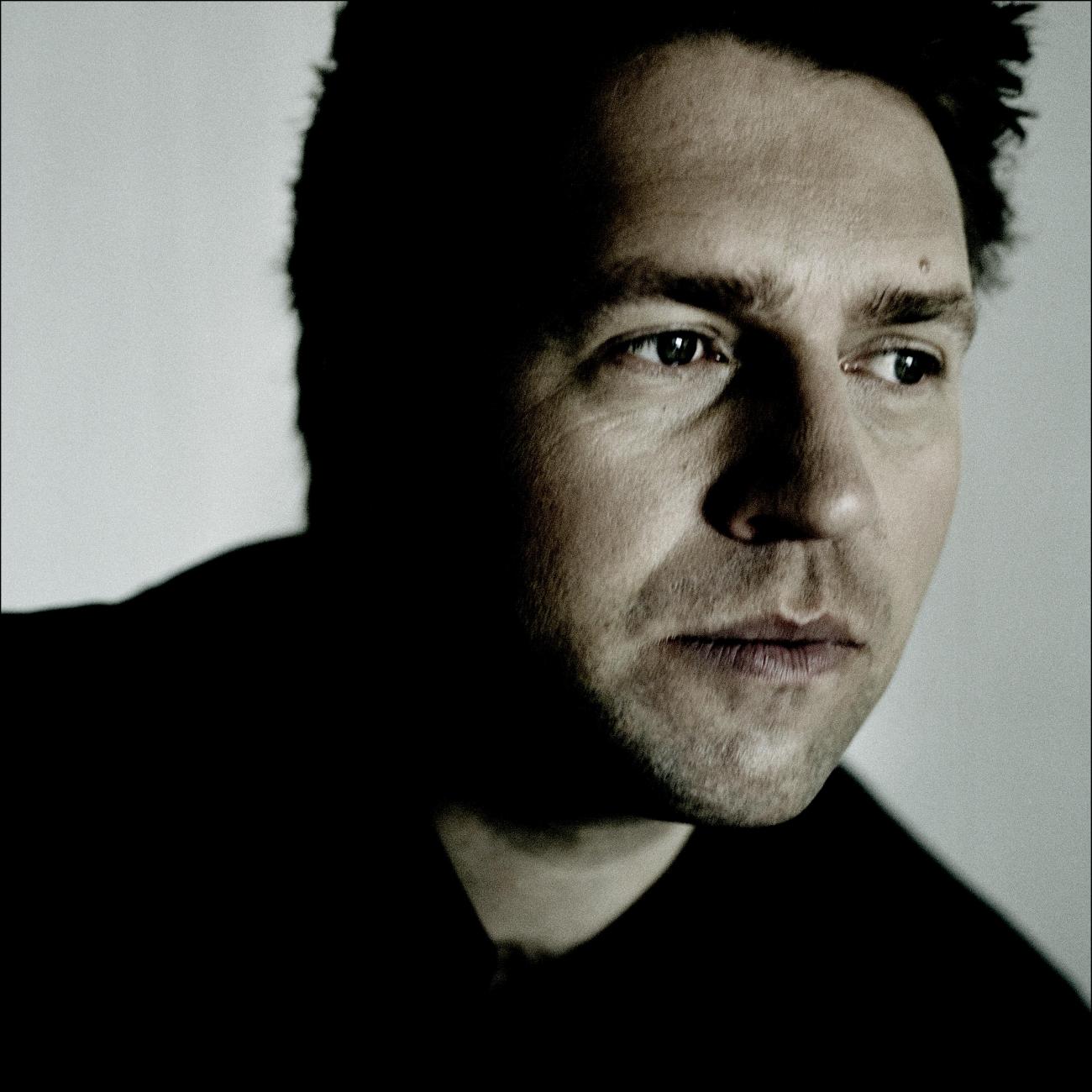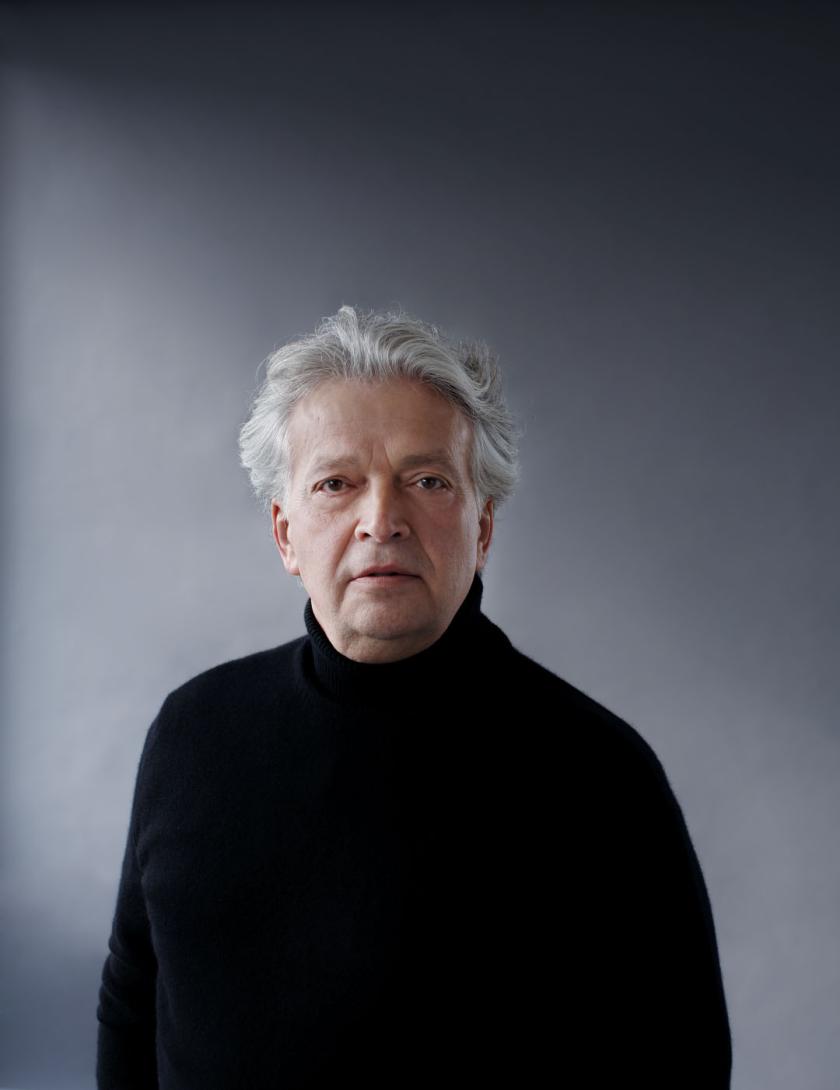Laid low by a bug, Daniel Harding had to withdraw at the last minute from conducting the LSO last night. Booked as the soloist, Leif Ove Andsnes stepped into the breach to lead Mozart’s Piano Concerto No 20 from the piano, as the composer would have done. His unruffled keyboard technique and unimpeachably neat phrasing betrayed no sign of hasty preparation. Unfortunately they also barely scratched beneath the surface of a dark and troubled work that grabbed Romantic imaginations at a time when so much other Mozart was brushed off as Rococo plasterwork.
No 20 shares its key of D minor with Don Giovanni. Unpredictable violence lies around the corner throughout both opera and concerto. Not tonight, as the smoothly rolled strings made clear from the outset. Linking back to that idea, the pianist is asked to run up the scale, loud, and meet it head on. Andsnes gracefully gave way. So often in this concerto above all his others, Mozart asks awkward questions, brings a confrontation face to face. Andsnes (pictured below by Felix Broede) glided past them all with the calm assurance of a CEO papering over the cracks of a shareholder revolt. The LSO were a willing board of directors, doing his bidding on a nod. Beethoven’s cadenza for the first movement pulled the prevailing lack of incident into sharp focus.

Harding had been due to conduct the original version of Bruckner’s Third Symphony, completed in 1873, replete with lavish Wagner quotations from Tannhäuser and Die Walküre. Four years later Bruckner sensibly saw less need to flatter the Master’s monstrous ego and cut out most of the quotations, leaving just the embers of the Magic Fire music to smoulder in the coda of the Adagio. Congenitally incapable of leaving well alone, he revised it again in 1889, and this was the version, most commonly heard in the last century, which was led by Harding’s replacement, Claus Peter Flor.
The final result of the composer’s tinkering is a budget-supermarket, four-bird-roast of a symphony. The loose ends are tied up with threads of clarinet and timpani, the finale a spatchcocked mess. Under a sure hand and with a steady pulse, however, it can still make roughly impressive sense. This performance had neither. Given the limited rehearsal time available, Flor’s determination to give each phrase and episode of the long first movement its own tempo was mystifying. The physical effort he put in bore distressingly little resemblance to the sound he got out. Cadences in the winds flickered tentatively and quietly expired, while the strings plodded on and then stopped.
Listening to them was like taking a hike in the Lakes on a bad day for walking. The going is soggy underfoot, you have a map but no compass, and feel the pressing need to stop and take your bearings every so often. Then the clouds would lift and the brass would thunder forth. Was this really the same LSO who, not a month past and under Sir Simon Rattle, brought so sure a sense of direction to Bruckner's Eighth? It’s impossible to pull the Scherzo around, and this had the vital energy missing elsewhere; the elegantly negotiated rustic gait of the trio was the highlight of a performance otherwise best forgotten. Everyone will be wishing Daniel Harding a swift recovery.














Add comment